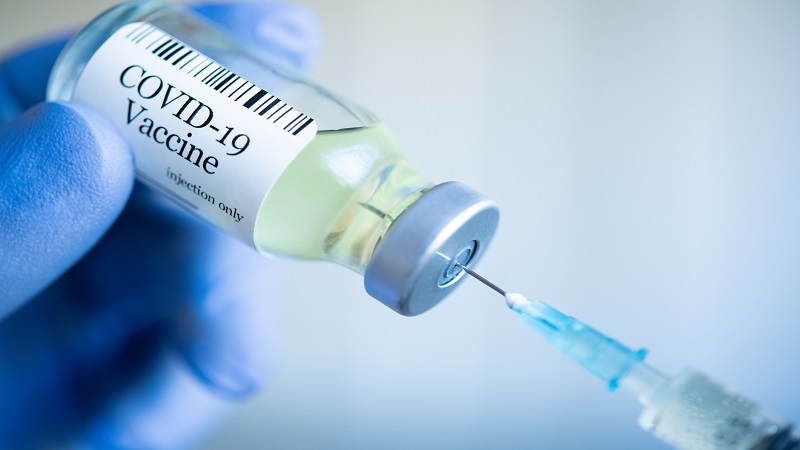What COVID booster shots do, and why they are necessary
In early 2020, the first coronavirus case was reported in the United States. Nobody knew it at the time, but it would change our entire way of life. Pharmaceutical companies developed COVID vaccines in under a year to protect and preserve our society. Vaccines expose the immune system to a weakened or inactive strand of a new virus, which activates the body’s immune response to produce antibodies to fight it. This protects the body from any future infections by the same virus. (1)
The Pfizer and Moderna coronavirus vaccines differ from traditional vaccines in that they are mRNA vaccines. Traditional vaccines have never been used to fight viruses on such a large scale. (2) Because any coronavirus vaccine would require rapid production and mass distribution, an mRNA vaccine was the perfect candidate. The mRNA vaccine is easier to develop than traditional vaccines because it instructs the body to reproduce the viral protein, rather than injecting latent viral cells into the body. These proteins have the same final effect as compounds in conventional vaccines; they activate an immune response and strengthen the immune system. (4)

Several months after vaccination against COVID-19, antibody levels in the body wane, causing reduced protection against the coronavirus. However, the body is not completely vulnerable to the virus. Memory T and B-cells in the body remember the coronavirus and how to fight it. When they spot the virus, they begin producing more antibodies to destroy it. However, this response does take some time to gain steam, usually between three and five days. In that short period of time, the coronavirus can quickly spread through the body and to other hosts. (3) The solution is a booster shot: a third shot of the original vaccine. The booster shot triggers an immune response in the same way that a coronavirus would. The cells in the body remember the virus from the initial vaccination and produce antibodies en masse to destroy the mRNA vaccine. This restores the dwindling number of antibodies in the body, which allow for faster reaction to the virus and overall better protection. This also helps prevent the spread to unvaccinated people, as the virus can be killed before it has a chance to spread to another host. (3)

The booster shot will help save lives and eventually restore our way of life. However, there is an ongoing debate about whether spare vaccines should be used for booster shots or for the vaccination of other nations. Many small and developing countries do not have sufficient access to vaccines. In these nations – such as India, the birthplace of the Delta variant – coronaviruses can spread rapidly. (3) Not only that, they become a breeding ground for new variants which can be more dangerous than the original virus. Unfortunately, large developed nations are more prone to help their own citizens than these underdeveloped nations. This is an important decision for developed nations; should they look out for themselves, or the entire world?
Bibliography:
- (2020, December 8). How do Vaccines Work? WHO. Retrieved from https://www.who.int/news-room/feature-stories/detail/how-do-vaccines-work
- (2021, March 4). Understanding mRNA COVID-19 vaccines. CDC. Retrieved from https://www.cdc.gov/coronavirus/2019-ncov/vaccines/different-vaccines/mrna.html
- Callaway, E. (2021, August 5). COVID Vaccine Boosters: the Most Important Questions. nature. Retrieved from https://www.nature.com/articles/d41586-021-02158-6
- (2020, December 11). Explained: Why RNA vaccines for Covid-19 raced to the front of the pack. MIT News. Retrieved from https://news.mit.edu/2020/rna-vaccines-explained-covid-19-1211
